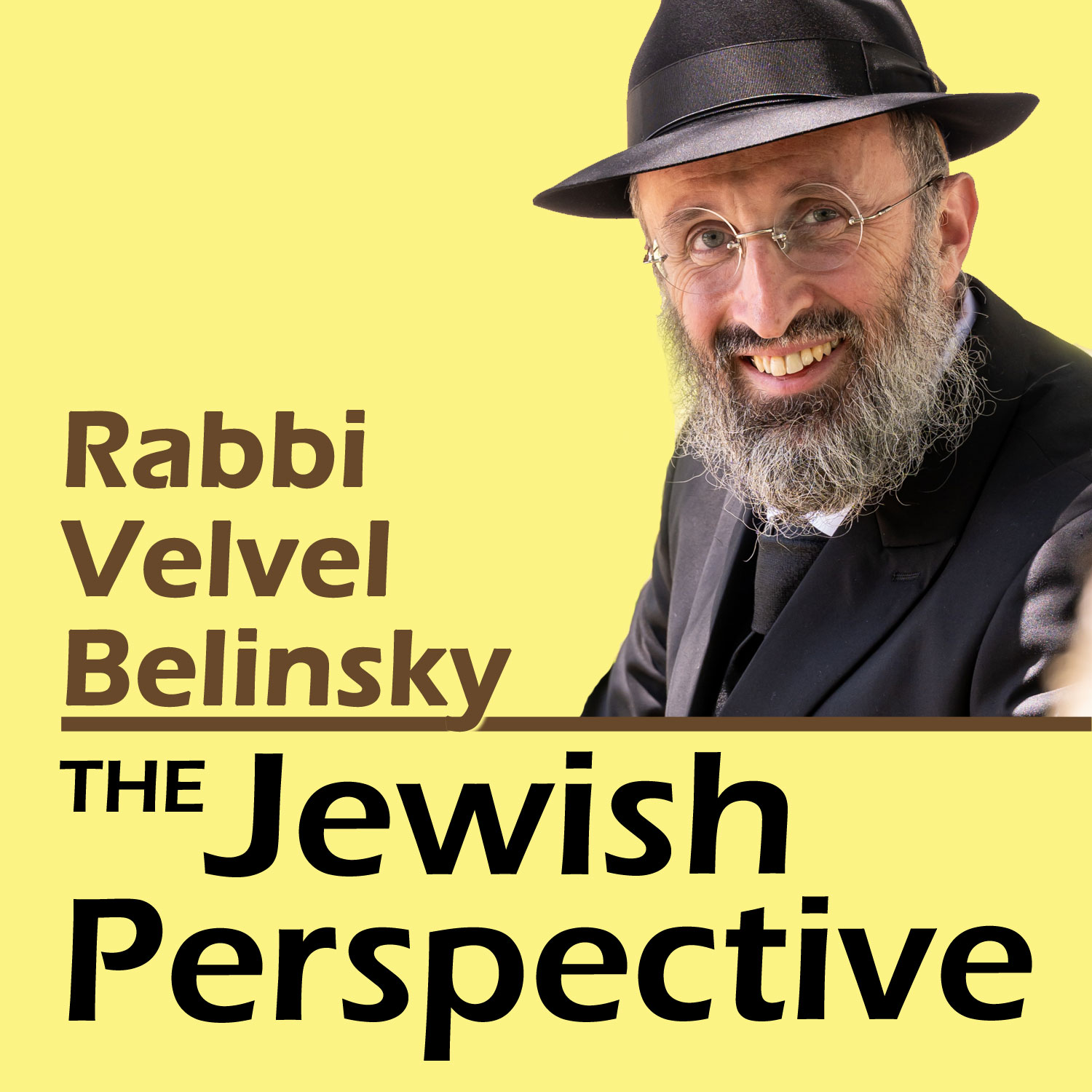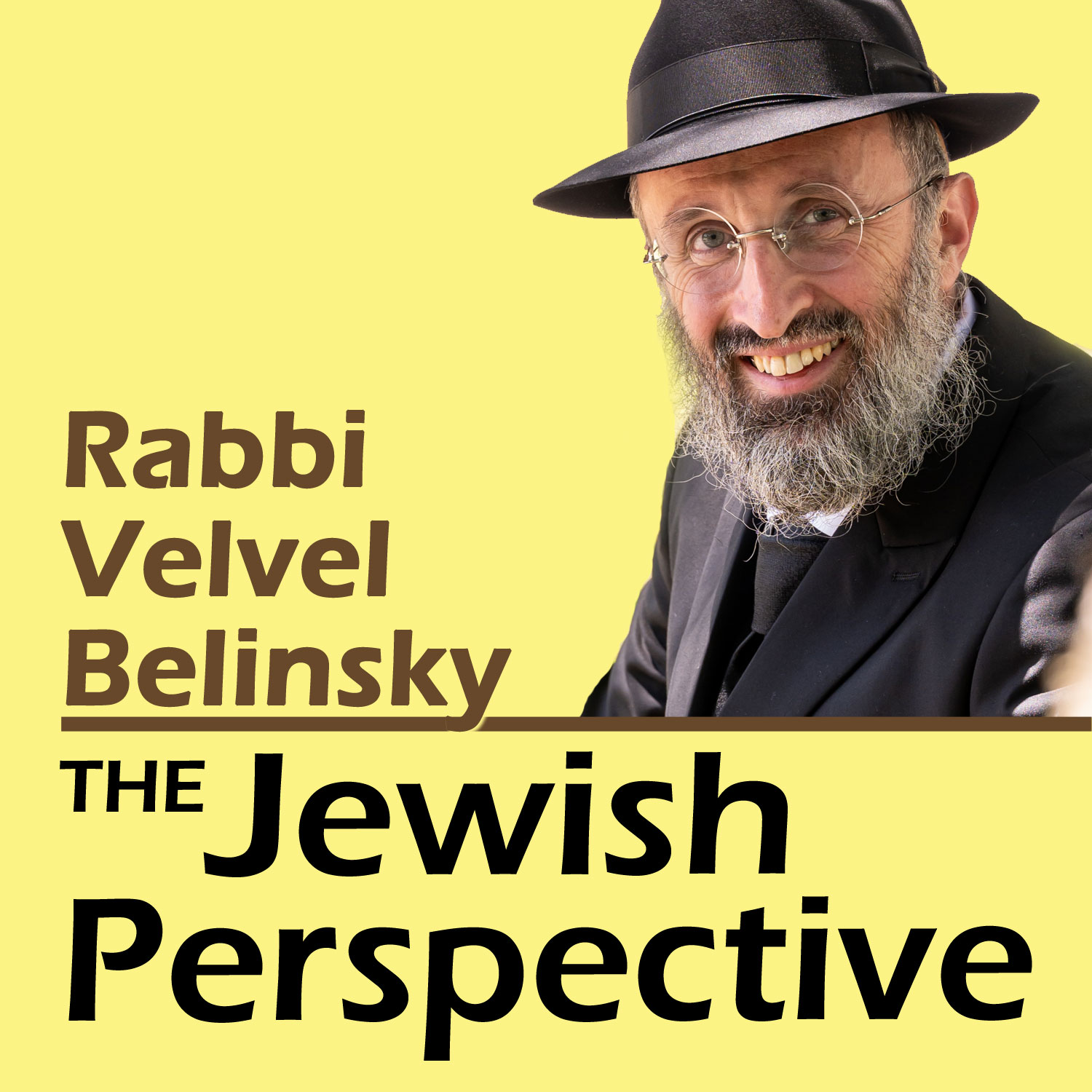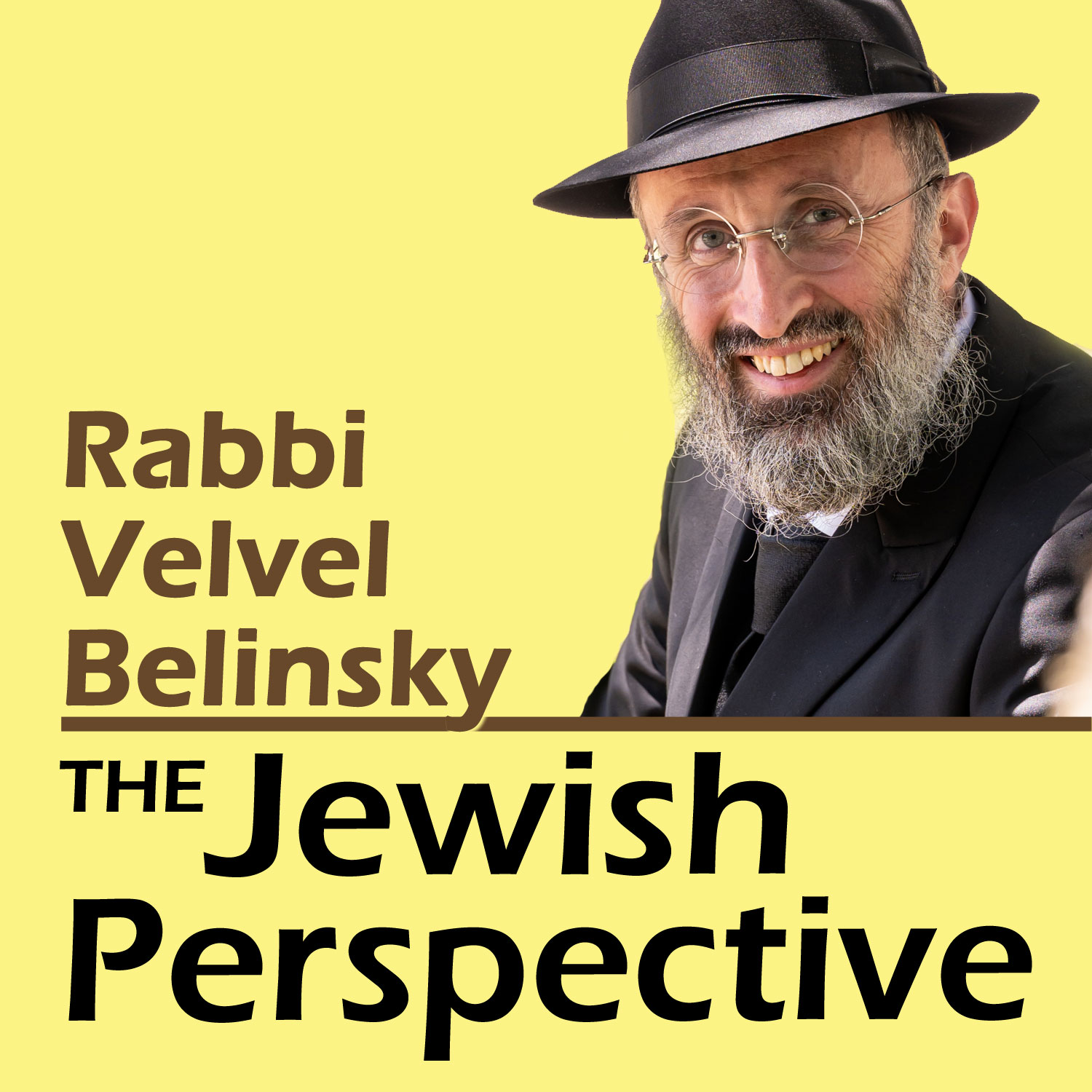Episode Transcript
[00:00:00] Speaker A: You know the phrase the rich get richer and the poor get poorer.
Everybody speaks about the unfairness of capitalist economics, but where does this idea come from?
It actually comes from the Torah.
Talmud describes the following practice in the Temple.
The Jewish law in the Torah portion of Kitavo instructs Jews to bring first fruit to the temple and thank God for giving us this fruit and this land and all of the abundance that we have.
We are supposed to bring this fruit as a part of a ceremony called bikurim.
But there's an interesting detail. We need to bring this fruit in a basket.
We don't just bring it by itself, we need to put it in a basket. That's what it says.
Here is the question, what kind of basket is it? Talmud is describing that poor farmers, they would get willow regular baskets as we know them, and bring their fruit in these baskets.
And rich people, more wealthy farmers, they would have gold and silver baskets, very fancy vessels that would bring this fruit in.
And then what would happen afterwards?
The nice and fancy baskets would be returned back to their owners. I'm sure the owners would like put their name on it, to put a.
[00:01:33] Speaker B: Tag to make sure to claim it afterwards.
[00:01:36] Speaker A: Well, after all, it's a big investment and they wanted to make sure to get it back.
And the poor farmers that were bringing cheap baskets, so now this was the situation that the poor people would bring their fruit in a cheap woven basket, and those baskets were not returned afterwards. They were kept in the temple. Maybe they were used for fire, they were used for something in the temple, but they were not returned.
So this is what the Talmud says, that one second poor people would lose their baskets. Poor people had nothing returned to them.
So poor people had to come up with money for new basket every single year. Rich people that made initial investment, but they get their basket back.
So Talmud concludes, this is how we see that poverty is following the poor.
Wherever people who have no money go, poverty is there with them.
Now it seems to be unfair. If the Torah, if the workers in the temple, the kohanim that were assisting people in the temple, we're making sure to return the baskets of the rich people. For sure, they should try to return baskets of the poor people also.
Why weren't they doing it?
So here is an interesting Kabbalistic explanation. In the Jewish law, there is such a concept called in Hebrew, which means nullification.
If a very insignificant item is here to serve something of much more significant value, then this insignificant item is getting nullified, is getting completely lost in comparison with the more significant one. For example, I'm holding something in my hands right now. What is it? It's a phone.
I picked something up and I asked you, what am I holding in my hand? You told me it's a phone.
Technically, you are wrong. I'm holding a case in my hand. This is a case. But nobody looks at whatever I'm holding in my hands right now says, it's a case. It's a phone. The case is lost.
It loses its autonomous existence when it's on the phone. If I'm buying a case in the store, I'm asking for a case.
So there. If it's separate, if it's not on the phone, it has its autonomous existence.
If it is already on my phone, then it doesn't have its own identity anymore. It is lost.
It is becoming part of my phone.
So now, just like we see it everywhere, when I see you and I give you a hug, I'll tell everyone I gave a hug to my friend. Well, I didn't. I hugged your clothes, technically, but your clothes is lost in comparison to you.
So now the same thing is with the baskets.
When the poor people were bringing their gifts to the temple in a cheap basket, the value of the basket was so much lower than the value of the fruit that the basket was losing its autonomous existence. It was losing its identity.
When people were bringing this fruit to the temple, they were saying, here is my gift of fruit. The basket just happened to be there one second. But what about the rich people? When wealthy people were bringing their gifts, they were bringing it in a big fancy golden and silver basket with precious stones on it. That basket was not losing its own identity compared to the fruit.
If I will have a phone case made out of gold and have diamonds on it, then this phone case would be probably far more expensive than my phone.
I would not say this is just my phone. I would say, this is my phone in my case.
So now, same thing. If there's like a really big lowlife and a really fancy suit, you know, then when you hug him afterwards, you say, I hugged an empty suit.
Why am I all saying this? Because now we understand why the baskets were returned. If they were cheap wool baskets brought by the poor people and baskets were not returned when they were gold and silver.
Because gold and silver had its own autonomous existence, it was not nullified to the fruit.
They lost their own identity. That's why they were not returned.
They were brought to the temple as a part of a gift and they were stopping being their own existence, the woven ones.
Now it has A very deep mystical value.
This idea has a very deep mystical message.
Why were fruit that were brought to the temple supposed to be brought in a basket? What's this whole thing with a basket? Why can't I take just a bunch of bananas and bring it on the way they are? Or grapes?
[00:06:30] Speaker B: Because Kabbalah is explaining that those fruit.
[00:06:34] Speaker A: The choicest, the best fruit that we were bringing to the temple compared to our soul.
Our soul needs to have a basket. Our soul needs to have a body on its own. Our soul is useless. It can't live in this world without a body. So now we have a body and a soul. Fruit in a basket now. So here's my question. Sometimes people view themselves as a body that has a soul.
The question is, how do I look at myself? Am I a body that has a soul or am I a soul that has a body?
So Stephen Covey wrote, we are not humans on a spiritual journey. We are not physical beings on a spiritual journey. We are spiritual beings on a physical journey.
If I am, I can look at myself as a fruit in a very fancy basket. My body has its own existence. It's. I'm taking care of my body. My body is very important to me. Or I could look at myself as my body is just a cheap basket that is holding my. And then my body is going to.
[00:07:39] Speaker B: Be nullified to my soul.
[00:07:40] Speaker A: Then my body, in my own eyes.
[00:07:42] Speaker B: Will lose its own existence, will lose.
[00:07:44] Speaker A: Its own autonomous identity.
[00:07:47] Speaker B: The way we look at ourselves also is reflecting how we look at other people.
If I look at myself as a soul in the body, as opposed to.
[00:07:56] Speaker A: Body that has a soul, I will.
[00:07:57] Speaker B: Look at others also like this.
[00:07:59] Speaker A: So the more I look at myself as a soul being, as a spiritual being, the more I look at others.
[00:08:04] Speaker B: As a spiritual being.
[00:08:05] Speaker A: And the more I value my own.
[00:08:07] Speaker B: Soul, the more I'll be valuing the souls of others.
[00:08:10] Speaker A: So the poor people who are bringing this cheap basket were actually at advantage over the rich people because their physical vessel was nullified to the present.
They were better off spiritually.


